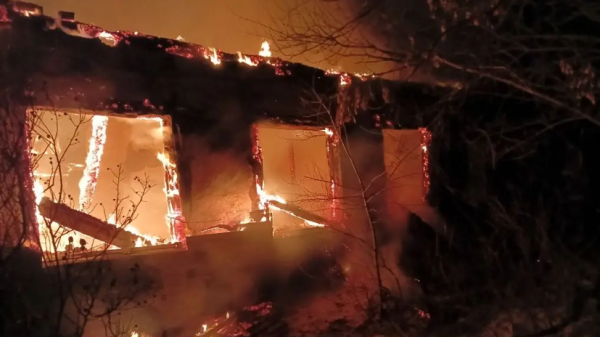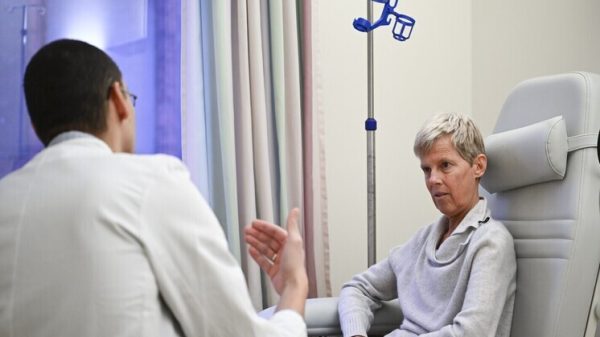The number of coronavirus patients in intensive care in the north of England will surpass the April peak if infections continue rising at the current rate, MPs have been warned in a briefing chaired by Chris Whitty and a minister.
MPs were also shown early research by Public Health England suggesting that bars, pubs and restaurants accounted for 41% of cases in which two or more under-30s had visited the same venue in the week before testing positive. This fell to a quarter of infections across all age groups, the MPs were told.
With new restrictions expected to be announced next week for millions of people, and likely to hit hospitality venues, MPs were told there would be 304 people in intensive care units across the north of England in 22 days on the current trajectory. This is two more than in the peak of the first wave in April in the region.
The briefing was chaired by the health minister Ed Argar and Whitty, England’s chief medical officer, and was regarded by MPs as laying the foundation for tighter restrictions in large parts of northern England and Nottinghamshire.
However, several MPs expressed frustration that they were given no clarity on what measures might be imposed in their areas, or when, following reports that the closure of pubs, bars and restaurants was expected to be announced in some areas on Monday.
In slides marked “official – sensitive”, seen by the Guardian, a senior government official cited a study by the US Centers for Disease Control which found that, compared with Covid-free people, those with coronavirus were twice as likely to report having dined at a restaurant in the 14 days before becoming infected.
As of 1 October, there were 37,616 pubs in England, according to the research consultancy firm Altus Group. It calculated that if pubs were forced to close in areas of the north where local restrictions were already in place, it would mean around a fifth of all English pubs would be affected.
Whitty and colleagues set out the medical rationale for further restrictions in the regions, according to one MP who was present, adding that he was struck by the stark warnings about hospitalisations.
“The really scary thing for the north-west and north-east is that the projection is for there to be more people in intensive care within three weeks – 22 days actually – than there were in the first wave,” he said.
“Even though the figures are being driven by the under-30s, Whitty and co are clearly very worried.”
In the north-east and Yorkshire, the weekly average of hospital admissions fell to a low of seven on 16 August but had risen to 107 by 2 October, according to slides shown to the MPs. The weekly average of admissions increased by 51% in the most recent week, from 25 September to 2 October. Patients needing a ventilator bed increased from five on 13 August to 79 on 4 October.
In the north-west, the weekly average of hospital admissions fell to a low of eight on 15 August and rose to 130 by 2 October, up 59% in the most recent week. Covid patients requiring ventilator beds increased from 12 on 28 August to 99 on 4 October.
In Greater Manchester, 40 Covid patients were in ICU on 6 October, up from 14 on 18 August, according to the Greater Manchester Combined Authority. There were 323 people with Covid in non-ICU beds on 6 October, more than six times the figure on 18 August.
Several MPs said they had hoped for more detail about what measures would be announced next week. “It’s involving MPs but not involving MPs. It’s no way to run a democracy,” said one.






















































Свежие комментарии